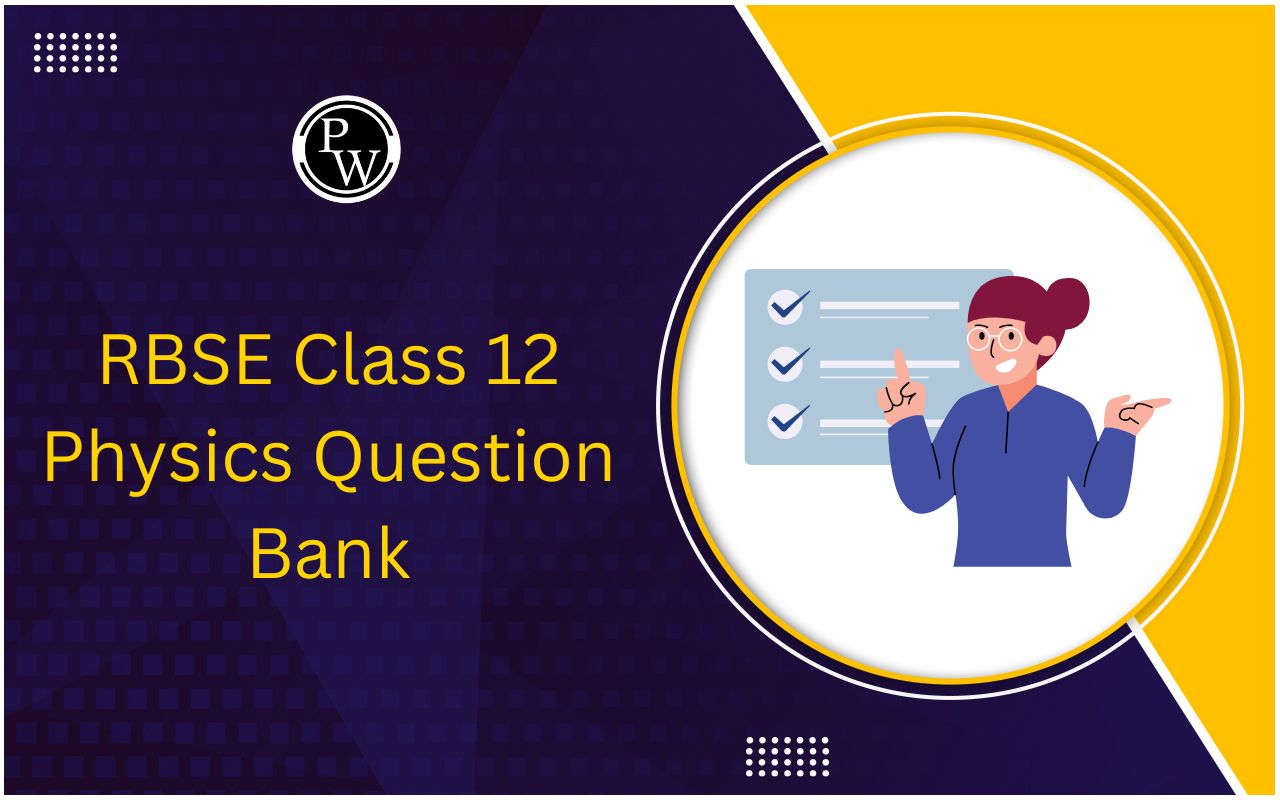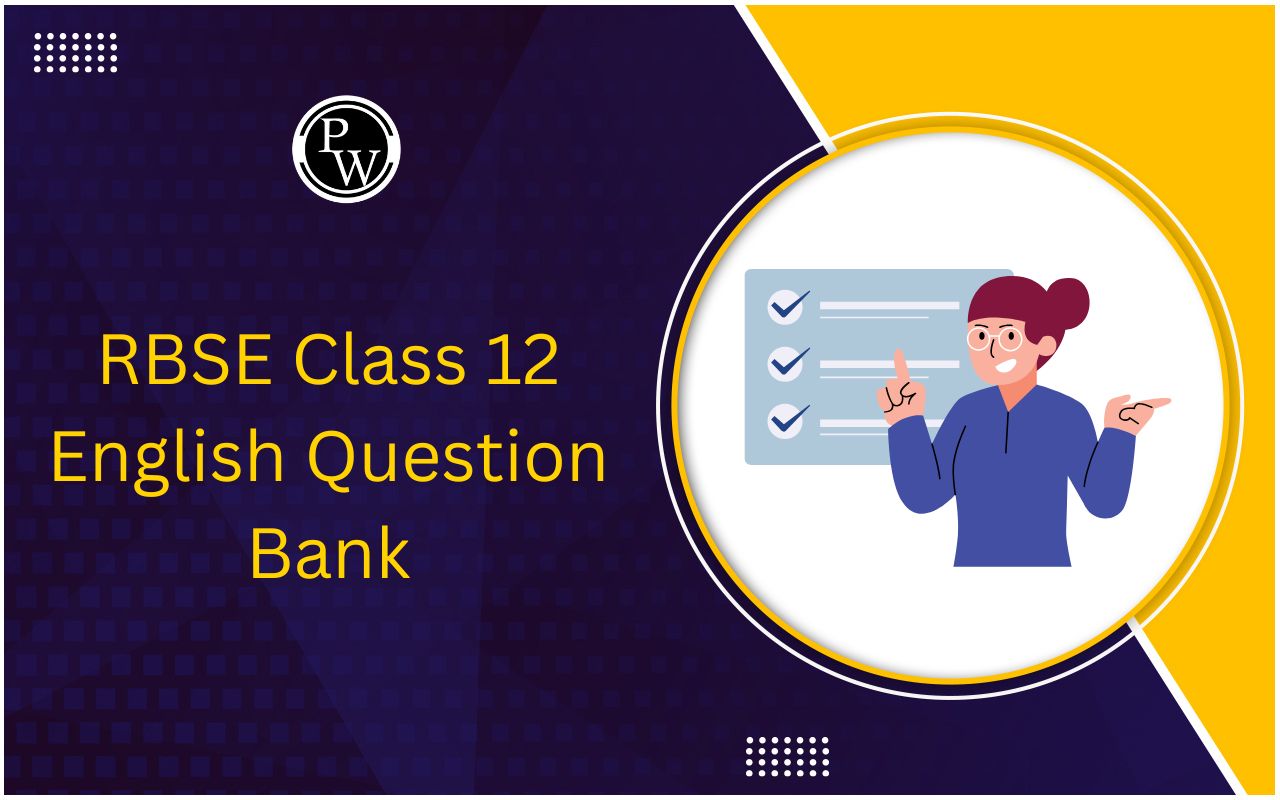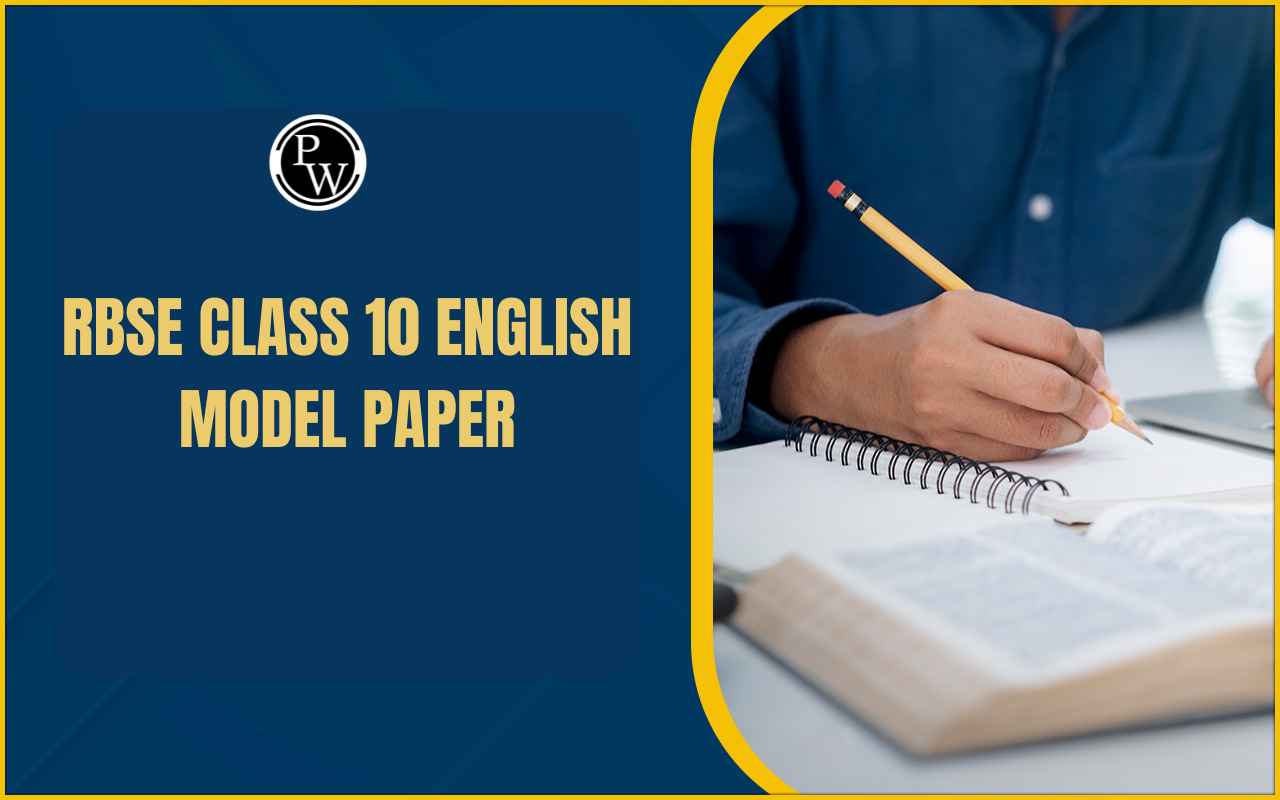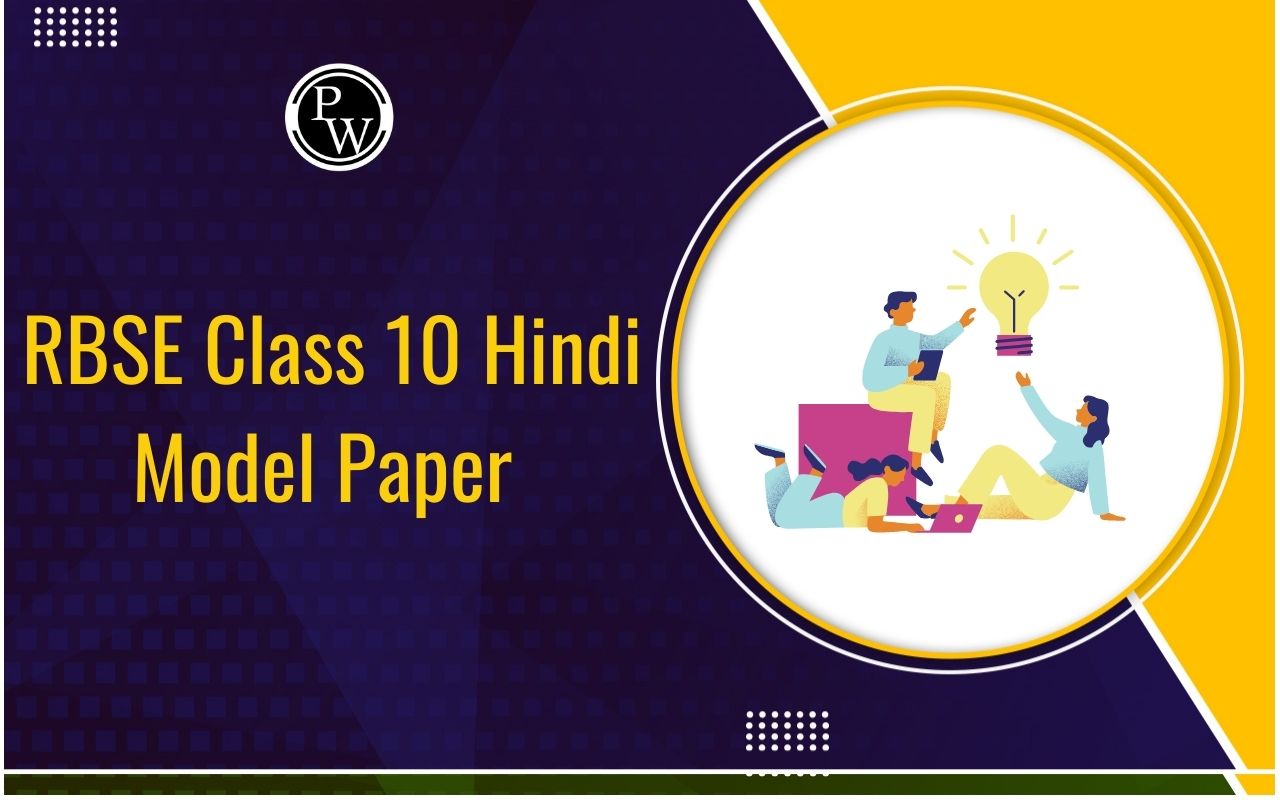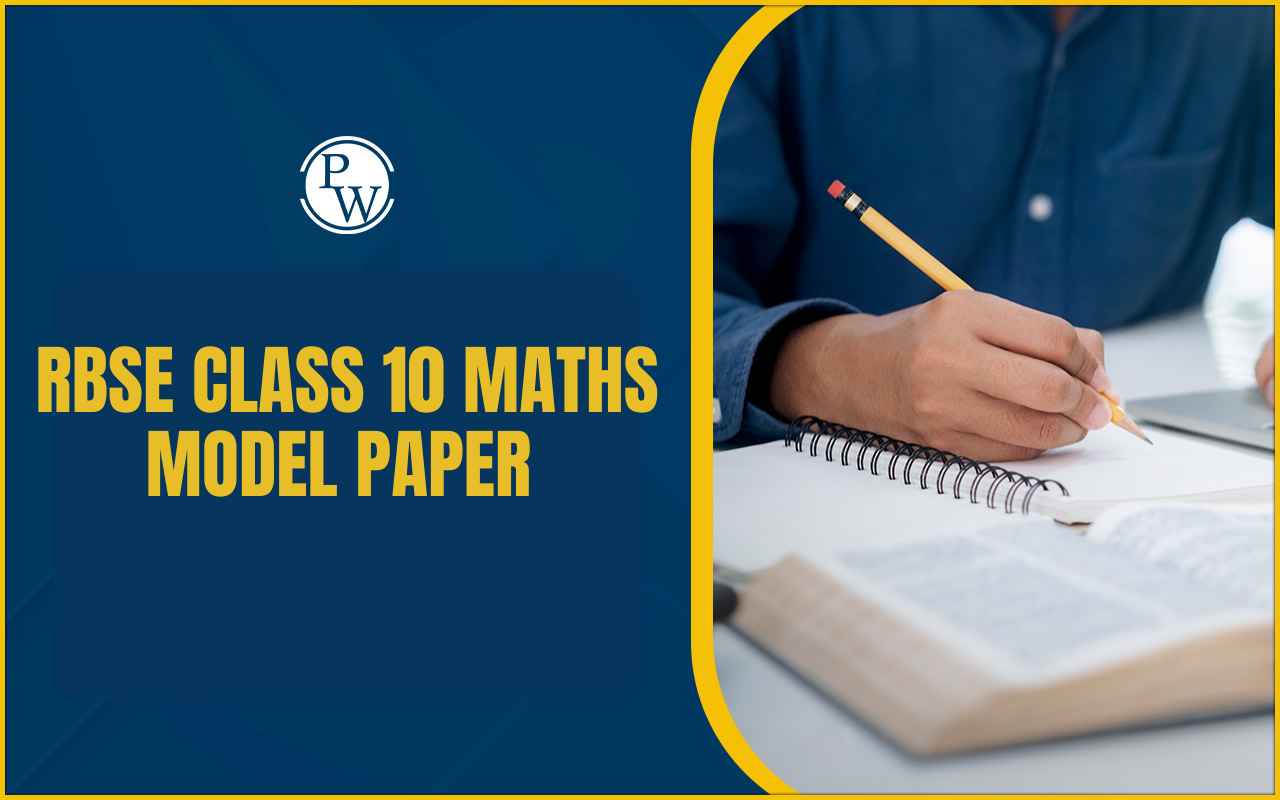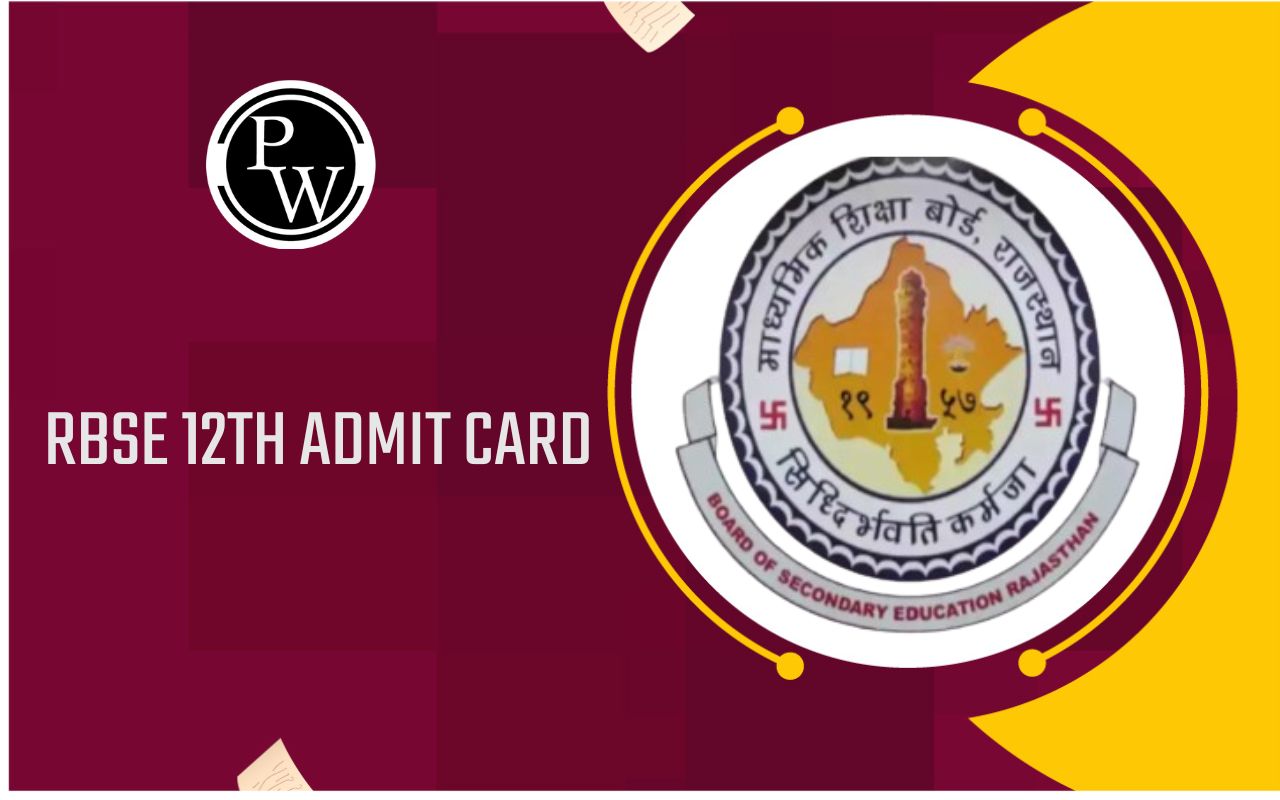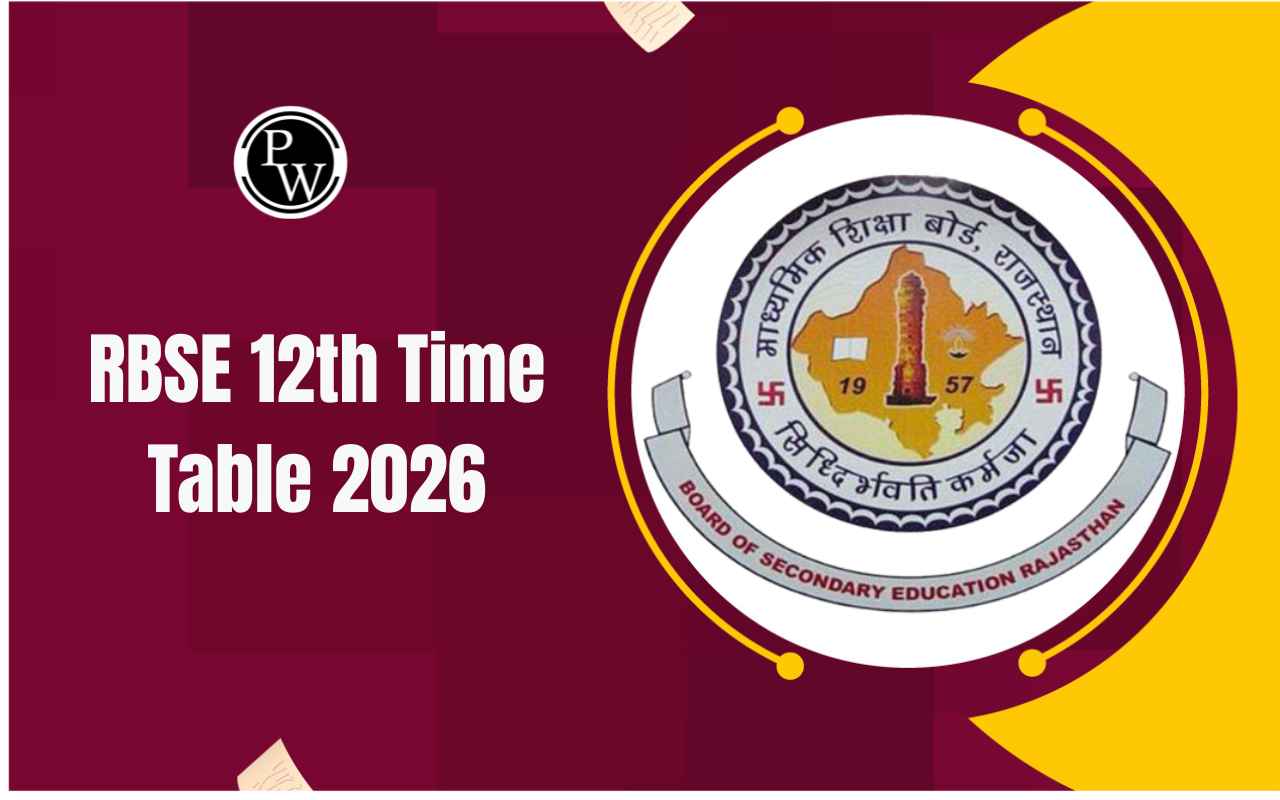
The RBSE Class 11th Political Science syllabus is designed to provide students with a solid foundation in the concepts of politics, governance, and democracy. It covers key topics such as the Constitution, rights, duties, and international relations.
Understanding the exam pattern is crucial, as it helps students plan their preparation effectively and focus on important sections. Referring to previous year papers enables students to get an idea of question types, marking schemes, and recurring themes. By studying the detailed syllabus and practicing past papers, students can enhance their confidence and improve their performance in the RBSE Class 11 Political Science exam.
RBSE Class 11th Political Science syllabus
The RBSE Class 11th Political Science syllabus covers important topics related to the Indian Constitution, political institutions, and key political theories. Understanding the syllabus helps students prepare well for exams by focusing on essential chapters. Below is the table listing the names of all chapters included in the syllabus for both Indian Constitution at Work and Political Theory.
|
RBSE Class 11th Political Science syllabus |
|
|
Part A: Indian Constitution at Work |
Part B: Political Theory |
|
1. Constitution: Why and How? |
1. Political Theory: An Introduction |
|
2. Rights in the Indian Constitution |
2. Freedom |
|
3. Election and Representation |
3. Equality |
|
4. The Legislature |
4. Social Justice |
|
5. The Executive |
5. Rights |
|
6. The Judiciary |
6. Citizenship |
|
7. Federalism |
7. Nationalism |
|
8. Local Governments |
8. Secularism |
|
9. Constitution as a Living Document |
9. Peace |
|
10. The Philosophy of the Constitution |
10. Development |
RBSE Class 11th Hindi Syllabus
Detailed Overview of RBSE Class 11th Political Science Syllabus
Below we have provided a detailed Overview of the RBSE Class 11th Syllabus for Political Science -
Part A: Indian Constitution at Work
This section focuses on understanding the framework, structure, and functioning of Indian democracy.
-
Constitution: Why and How? – Explains the need for a constitution and the process of its making.
-
Rights in the Indian Constitution – Details the fundamental rights granted to citizens.
-
Election and Representation – Covers electoral systems and the significance of free and fair elections
-
The Legislature – Studies the structure, functions, and powers of the Parliament and State Legislatures.
-
The Executive – Explains roles of the President, Prime Minister, and Council of Ministers.
-
The Judiciary – Discusses the structure and independence of the judiciary in India.
-
Federalism – Explores the federal structure and division of powers between Centre and States.
-
Local Governments – Highlights the importance and functioning of Panchayati Raj and urban local bodies.
-
Constitution as a Living Document – Looks at constitutional amendments and the Constitution’s dynamic nature.
-
The Philosophy of the Constitution – Examines the guiding values and philosophy behind the Indian Constitution.
Part B: Political Theory
This part introduces basic concepts and values in political life.
-
Political Theory: An Introduction – Defines political theory and its relevance.
-
Freedom – Discusses the concept of liberty and its importance.
-
Equality – Explores different dimensions of equality and debates around it.
-
Social Justice – Covers the meaning of justice and theories related to it.
-
Rights – Studies the origin, types, and importance of rights in society.
-
Citizenship – Examines the idea of citizenship and related responsibilities.
-
Nationalism – Analyzes the concept of nationalism and its impact.
-
Secularism – Explores secularism and its role in India.
-
Peace – Discusses peace, conflict, and resolution mechanisms.
-
Development – Looks at the meaning of development and related challenges.
Steps to download RBSE Class 11th Political Science Syllabus
Here are the steps to download the RBSE Class 11th Political Science syllabus:
-
Visit the official RBSE website by typing the URL in your browser.
-
Look for the “Books” or “Download Center” section on the homepage.
-
Select the option for Class 11 textbooks or syllabus from the list provided.
-
Find and click on the link for Political Science (Class 11).
-
The syllabus will open as a PDF; you can download or save it to your device.
-
Optionally, print the syllabus for easy reference during your preparation.
RBSE Class 11th Political Science Syllabus PDF Download
The RBSE Class 11th Political Science syllabus PDF download is essential for students preparing for their board exams. It provides a clear outline of all chapters, helping students plan their studies according to the exam pattern. Referring to the syllabus regularly ensures focused preparation and better understanding of important topics. It is also helpful while solving previous year papers and sample questions. Below, we have provided the direct link to download the RBSE Class 11th Political Science syllabus PDF for easy access.
RBSE Class 11th Political Science Syllabus
Study without using the internet
RBSE Class 11th Political Science Exam Pattern and Marking Scheme
The RBSE Class 11th Political Science exam pattern and marking scheme help students understand the structure of the paper and the distribution of marks across different types of questions.
This information is important for effective preparation and time management during the exam. Below, we have provided a table highlighting the exam pattern and marking scheme. It is also advised to visit the official RBSE website for the most updated details.
|
RBSE Class 11th Political Science Exam Pattern and Marking Scheme |
|||
|
Type of Questions |
Number of Questions |
Marks per Question |
Total Marks |
|
Very Short Answer (VSA) |
8 |
1 |
8 |
|
Short Answer (SA-I) |
5 |
2 |
10 |
|
Short Answer (SA-II) |
5 |
4 |
20 |
|
Long Answer (LA) |
3 |
6 |
18 |
|
Total |
— |
— |
56 (Theory) |
RBSE Class 11th Political Science Assessment and Projects
The RBSE Class 11th Political Science assessment and projects form an important part of the overall evaluation process. The theory exam carries 56 marks, while 14 marks are allotted to internal assessment, which includes projects, class tests, and viva-voce.
Projects usually focus on topics related to the Constitution, rights, or key political concepts, helping students develop analytical and research skills. These assessments encourage active learning beyond textbooks. It is advisable to follow the guidelines provided by teachers and the official RBSE syllabus for project work.
Preparation Tips for RBSE Class 11th Political Science Syllabus
Here are some preparation tips for the RBSE Class 11th Political Science syllabus:
-
Understand concepts, don’t just memorize – Focus on grasping ideas behind the Constitution, rights, federalism, and political theories.
-
Make chapter-wise notes – Create short notes or mind maps for each chapter like The Executive, Judiciary, and Secularism for quick revision.
-
Refer to previous year papers – Practice old question papers to understand important topics and question patterns.
-
Focus on definitions and key terms – Be clear about terms like sovereignty, democracy, citizenship, and justice.
-
Write structured answers – Practice writing clear, point-wise answers, especially for long-answer questions.
| Other Important Links: | |
| RBSE 12th Toppers List 2025 | RBSE 10th Toppers List 2025 |
| RBSE 12th Result 2025 | RBSE Board 10th Result 2025 |
RBSE Class 11th Political Science syllabus FAQs
What is the focus of the RBSE Class 11th Political Science syllabus?
How many parts does the syllabus have?
Is the syllabus useful for competitive exams?
What is the total theory marks in the exam?

